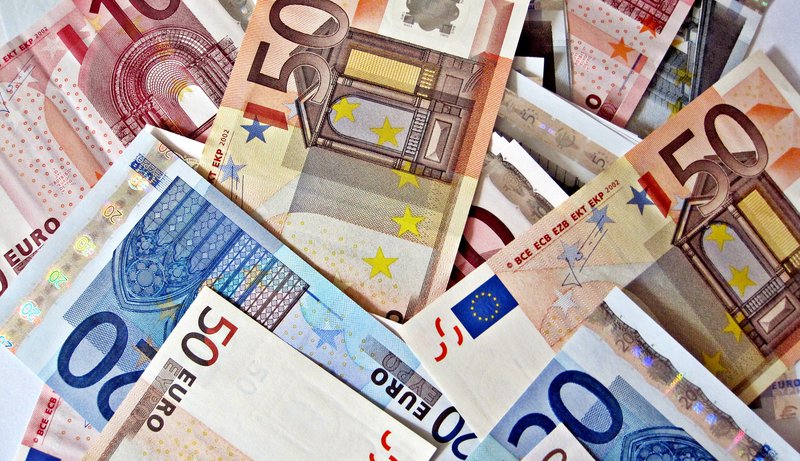Opinion. Economy
Restoring business confidence
The effects on the economy resulting from the recent political instability, among which include more than 3,000 companies relocating their head offices outside Catalonia, have acted as a brake on the progress of the Catalan economy, and in particular have damaged its good reputation and the positive climate of confidence surrounding it.
Following the Catalan regional election held on December 21, it seems that the political parties as a whole have become more aware of the economic impact that certain political decisions have provoked. It therefore seems that the political positions likely to be adopted as we go forward will be more pragmatic and longer-term, and aimed at restoring business confidence and a climate conducive to economic activity.
The overall effects will be noticed far more in Catalonia than in the rest of the autonomous regions, due to the stronger growth it can expect in the future, even though for 2018, and unlike what has happened in the past, this is likely to fall below the average for Spain as a whole.
Growth higher than expected
There have been no shortage of forecasts for the Spanish and Catalan economies, in particularly those pointing to a slower rate of growth due to the political crisis that is taking place in Catalonia, with more negative effects registered by the Catalan economy compared to that of Spain as a whole. Such is the case of the latest reports from the Bank of Spain, the European Commission, the OECD and the IMF, along with other prestigious studies, such as that from BBVA Research, all predicting growth of between 0.2% and 1.1%, less than that expected before the political tensions began to rise. Yet, the impact is likely to be limited in its effects, and GDP growth will more than likely be around 2.5% on average in 2018.
What’s more, this economic growth must be seen within the context of progress in the world economy in general, both for the advanced and for the emerging economies. In the Eurozone and the US in particular, we can expect the mild monetary policy followed thus far to continue, without any sudden changes and variations tending to be very gradual given that in the current stage of recovery inflation levels are contained.
The basis for economic growth in both Catalonia and Spain is solid enough, as long as the main macroeconomic balance is maintained, with the exception of unemployment. Even though this has gone down significantly in the past four years, it continues to be the main consequence of the economic crisis. There are no tensions forseen in prices, which will no doubt grow below 2%, exports continue to be healthy, there is a policy to reduce government debt so that Spain can abandon the Excessive Deficit Procedure (with it being below 3% of GDP). The reduction of the debt is also duet to the rise in public revenue in recent years -due to the strong recovery in the Spanish economy- and partly thanks to the reform policies applied and that must continue.


